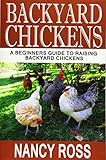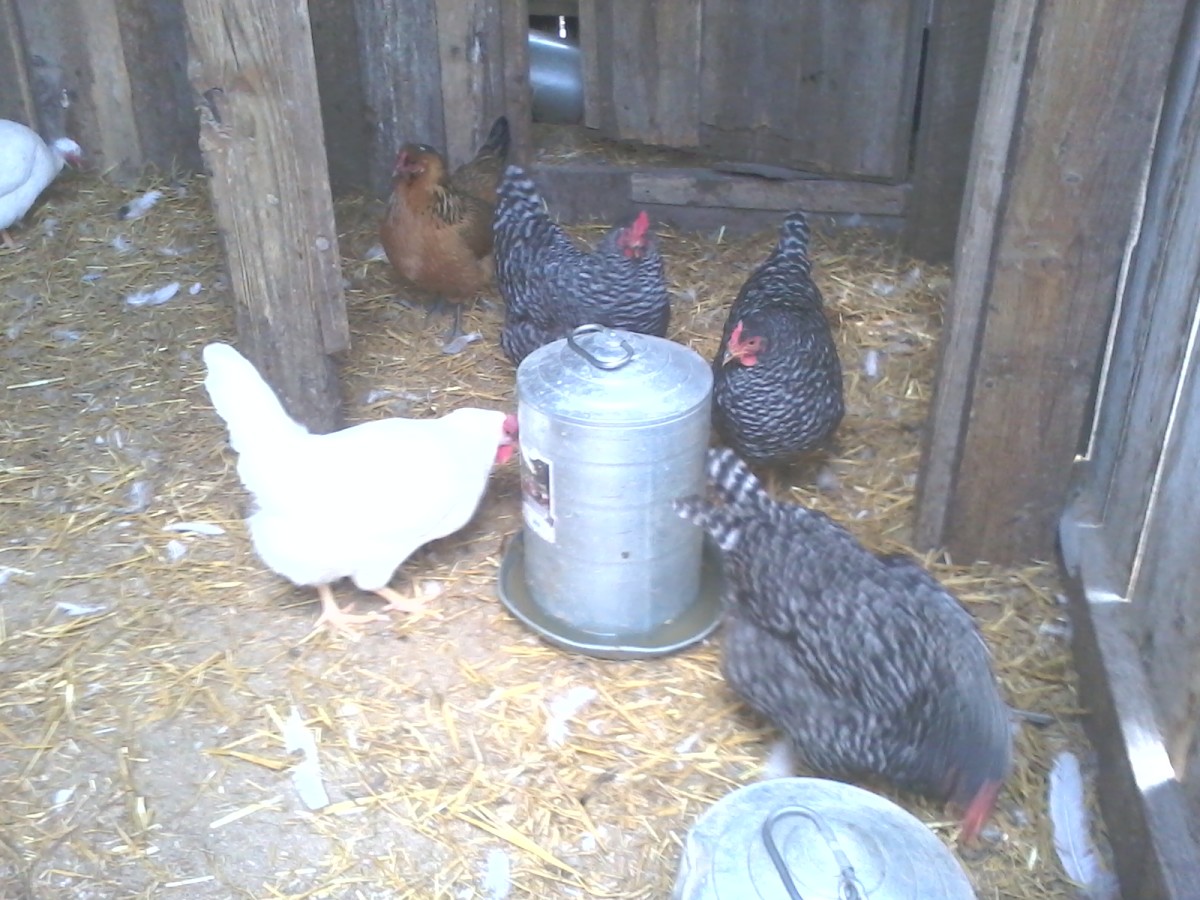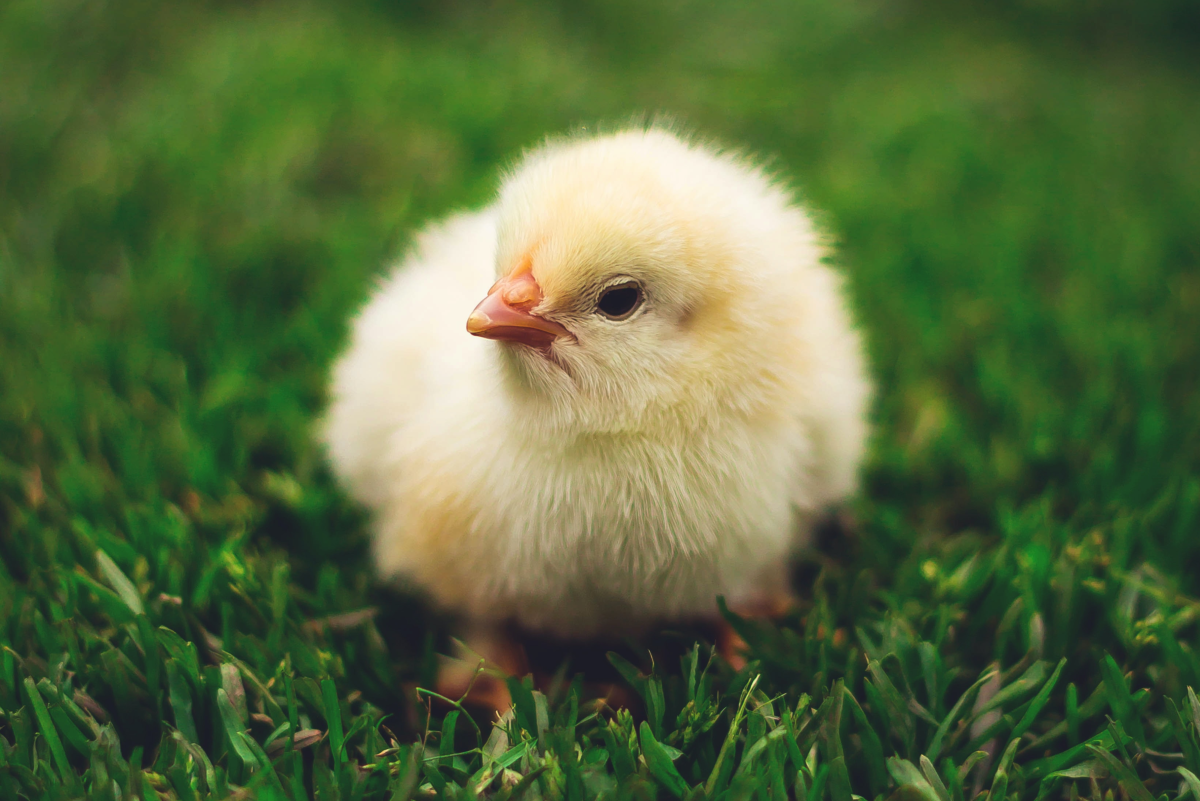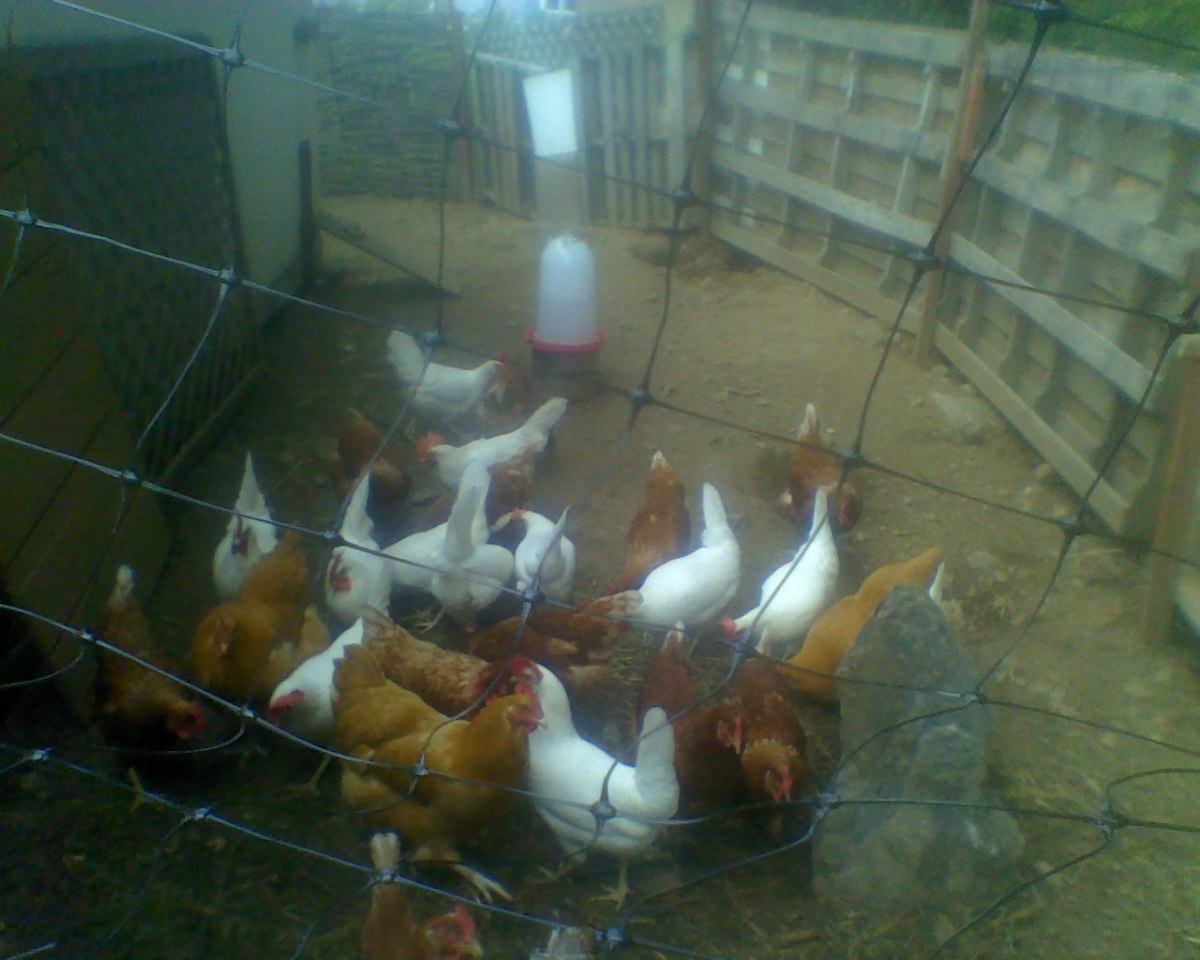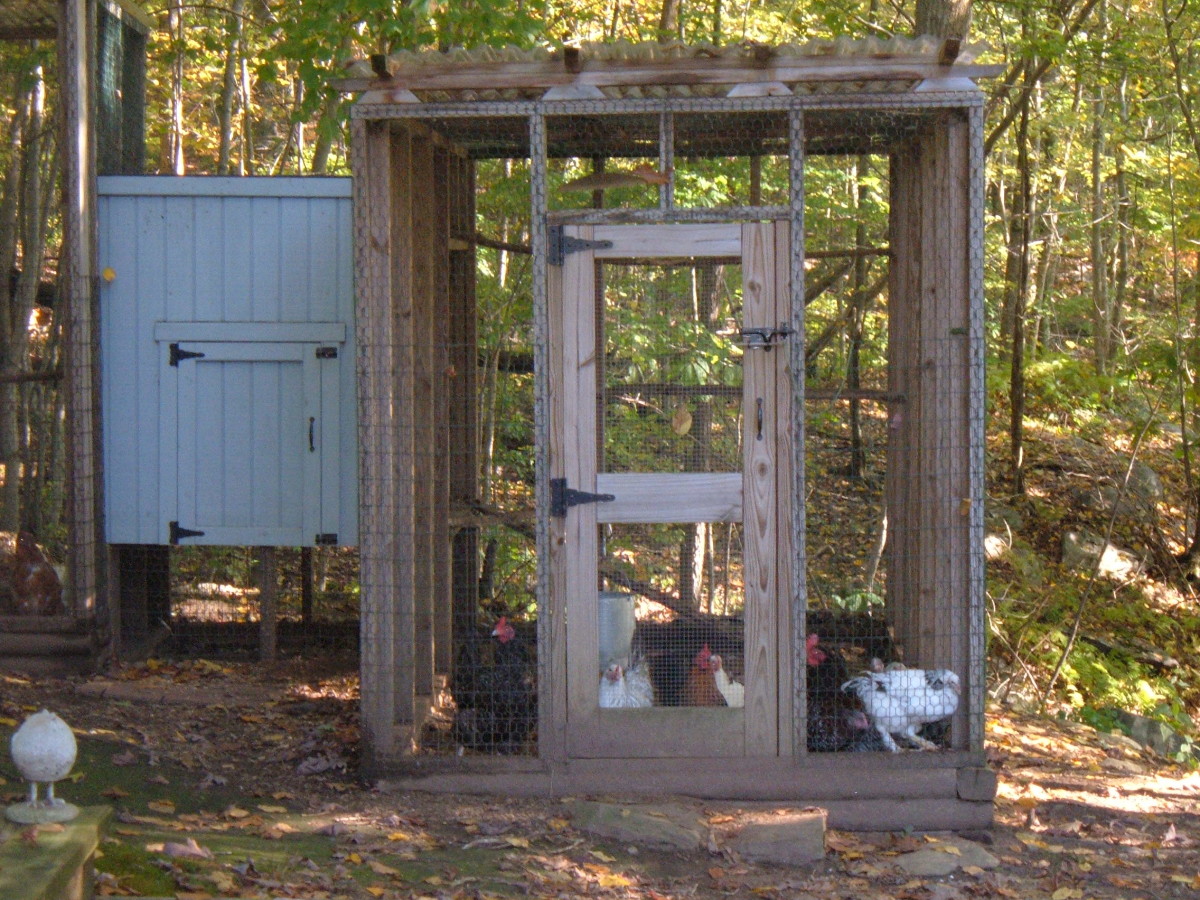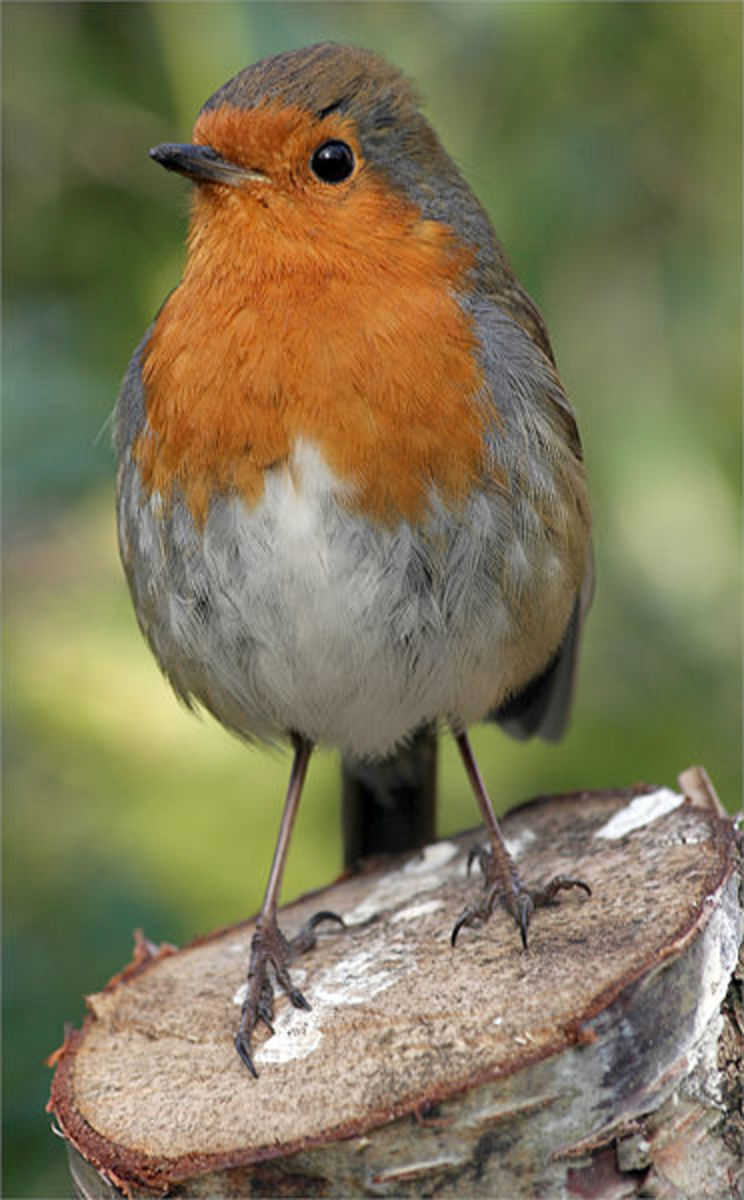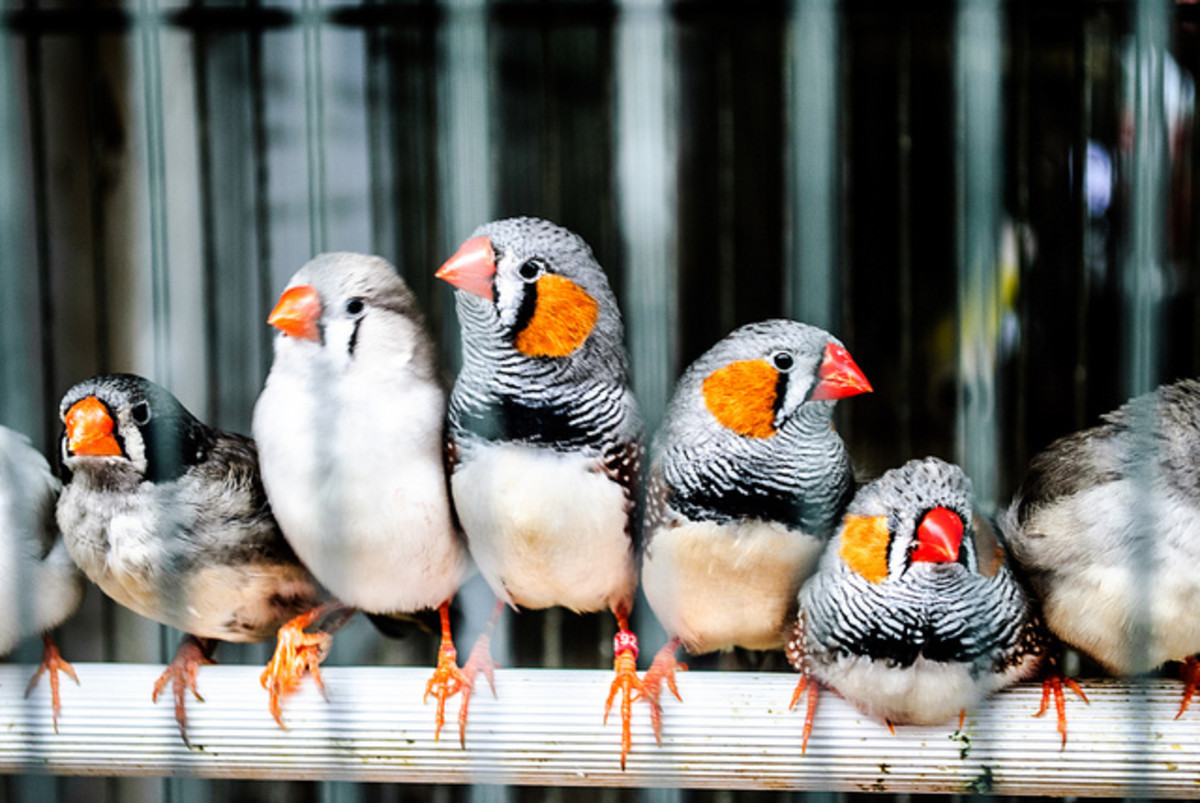Raising Chickens – Organic vs. Conventional
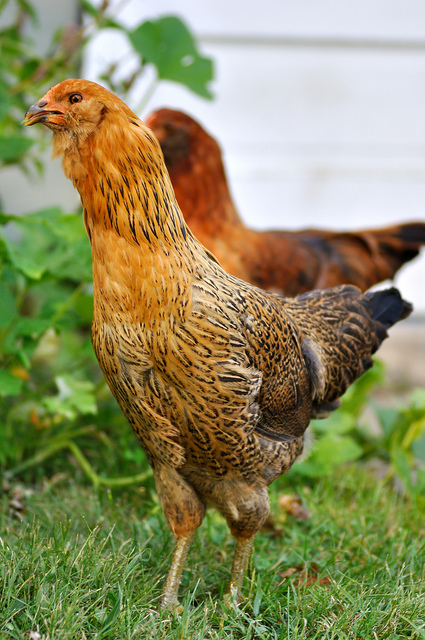
Reasons to Keep Chickens
There are many reasons people have started keeping chickens. Even individuals living in the city are doing so in their back yards. Sometimes a chicken is even kept as a pet, just as someone else might have a dog or a cat. There are even products on the market making this more feasible – such as chicken diapers!
Others may decide to keep chickens for instructional purposes. They want their children to learn about where food comes from. Rather than thinking that eggs just appear in cartons at the grocery store, and that chocolate milk comes from brown cows, they want their children to understand the source of their food. Another instructional avenue that this provides for the children is the care and feeding of the chickens – teaching the children responsibility.
And still other people are concerned about the safety of their food. They don’t like all the additives, preservatives, antibiotics, hormones and who knows what else might be in the food they are purchasing and preparing for their families. These individuals are raising the chickens as a healthy source of meat and eggs.
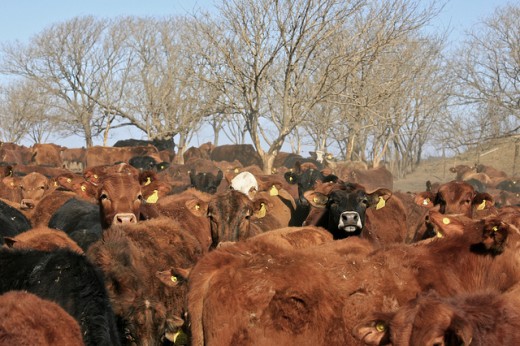
Antibiotic Usage in Animal Feed
An article was featured in the newspaper, The Atlantic, titled Antibiotic Resistance and the Case for Organic Poultry and Meat, where the issue of antibiotics being added to our meat production’s animal feed was discussed. The article explained that the "free-handed usage" of antibiotics given as a preventative measure to our livestock leads to increased antibiotic resistance in humans – a serious growing medical problem.
This lengthy article takes the reader on a journey from the farm all the way to the hospital. The journey began in the 1940’s when feedlots were first used to fatten cattle quickly to get them to market. The feed that the animals were given to fatten them up quickly, mainly corn, was known to cause digestive difficulties for the animals which was then followed by illness and disease. So as a preventative measure, low doses of antibiotics were mixed into the animals’ feed.
Antibiotic Resistance
As early as the 1950’s, the medical community started seeing humans with bacteria induced illnesses that were resistant to antibiotics that previously had been effective in their treatment.
This resistance was caused from humans eating the meat of animals who had been given the antibiotics.
And to make matters worse, this resistance can spread from one bacteria species to another, compounding the problem. So now you have bacteria never even exposed to antibiotics becoming resistant to those antibiotics. When this happens, illnesses such as methicillin-resistant Staphylococcus aureus (MRSA) are created.
So, can this be reversed? The article discusses a recent study that compared the antibiotic resistance of the animals on five conventional farms against that of five newly organic-certified farms. All of the farms were similar in size and were located in the same geographic area.
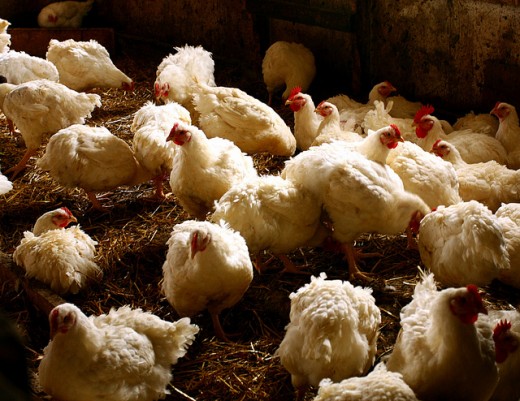
There is Hope
Results are encouraging, showing that antibiotic resistant bacteria decreased dramatically and immediately on the farms where the animals are not fed an antibiotic enhanced diet. Two additional studies that were conducted in Europe also support these findings.
Interestingly enough, the studies in Europe were done where medically important antibiotics to livestock have been banned for use in animal feed since 1998. This was later followed by a ban of all antibiotics in animal feed in 2006.
The study addressed the issue of meat only, but I can’t help but think that the same can be said for egg production as well. Egg producing hens are kept in such crowded conditions that antibiotics are required to maintain their health. Are these producers placing the health of the birds, and the health of their fat pocketbooks, over our own health? And by purchasing these products are we allowing them to make this choice for us?
What Can We Do?
In an ideal world we would all have access to organically produced products, and then we would also be able to afford those same products. Realistically, however, this is not the case. Not only are they not always available, but when they are, a premium price must be paid.
Knowing that our pocketbooks speak louder than words, raising our own chickens for meat and for eggs just might be the answer.
All Rights Reserved
Copyright © 2012 Cindy Murdoch (homesteadbound)
Raising Chickens
Have you ever raised chickens?
Raising Chickens in the City
Have you ever kept chickens in your back yard while living in an urban area?

Your Future is Waiting! Do you feel you have great information or stories to share with others? Sign Up Here. . . It’s quick, easy and free to join HubPages!

Other Poultry Articles by this Author:
- Silkie Chicken Facts: A Furry Chicken
"Silkie Bantam Chickens are an incredibly unique breed of chicken, adorned with more fancy features than any other breed." ... silkies certainly have the ability to enchant. - Silkie Chicken Colors in Pictures
View different Silkie chicken colors while reading interesting tidbits of information about this unique chicken breed. - Hens for the Homestead or Backyard Chicken Coop: Top 10 Chicken Breeds
With hundreds of chicken breeds in existence, picking only 10 can be a daunting task...research of finding the chicken breed or breeds that would be good for a homestead, I found that several characteristics were better for my homestead situation. I - What is a Turken or Turkin? A Naked Neck Chicken
This breed, also known as the Transylvanian Naked Neck, was first bred in Hungary, and later perfected in Germany. Contrary to what some folks believe, the Naked Neck is 100% chicken-not a cross between turkey and chicken. - How an Egg is Formed - Egg Anomalies - Abnormal Eggs
So you think you know what an egg looks like? Did you know that eggs can have more than one yolk or shell? Do you know what a cock egg is?

